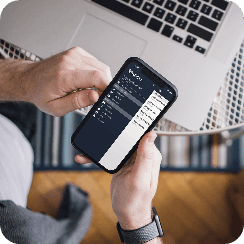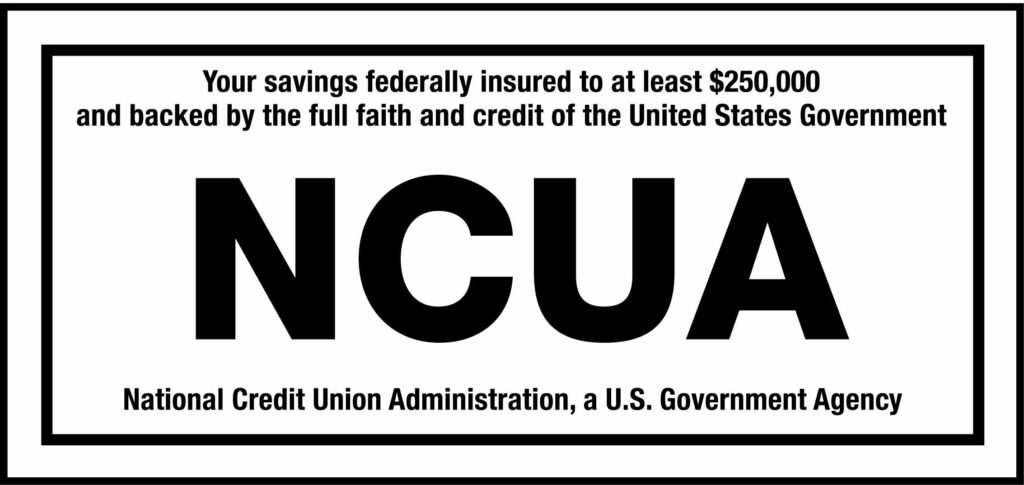Adulting & Budgeting: How to Wisely Budget Your Paycheck!
Time to Read: 3.5 minutes
Jump to Section:
- What to do before making a personal budget
- 3 personal budget categories to consider
- Wise paycheck allocation
Everyone loves payday, but many young adults and Millennials don’t know how to allocate their paycheck in a way that best serves their financial needs and goals long term. That’s where having a strategic personal budget comes into play.
In this article, we will explore the importance of budgeting and the different categories that you should consider when creating a budget. By breaking down your expenses into these personal budget categories, you can gain a better understanding of your spending habits and make informed decisions about where to cut back or allocate more funds.
But you may be asking, “What exactly is a personal budget?”, and “What are basic budget categories I should use as a young adult”? Before answering these questions lets first establish the importance of why everyone, not just young adults and Millennials, should be using a budget.
“I’m young and I don’t have a lot of bills, so why is budgeting important for me?”
 No matter your age, budgeting is a crucial aspect of managing your finances. By creating a budget, you can keep track of your income and expenses even if you don’t have that much income.
No matter your age, budgeting is a crucial aspect of managing your finances. By creating a budget, you can keep track of your income and expenses even if you don’t have that much income.
Creating a budget helps ensure that you are spending within your means, meaning, you’re not spending more than you’re making (check out the video the right, “10 Money Mistakes to Avoid in Your 20’s” by Elena Taber, for more helpful money tips).
Doing this at a young age will help you develop successful habits for whenever you do have more income and more expenses as you grow older.
The First Step Before making a Personal Budget
Automatically deduct contributions from your paycheck
If you’re asking the question “How can I be smart with my paycheck?”, your first step to answering that question is making sure you are deducting the optimal amounts. If you are at an eligible place of employment, your employer will likely deduct funds for your health care plan and taxes, but you can determine how much tax is withheld by changing a few elections on your W-4.
If you receive too large a tax refund for the prior year, or you’re stuck with a big bill when you file, consider adjusting the amount withheld on your W-4. Also, be sure to take full advantage of any employer-matching offers for your retirement funds — don’t give up free money! Making sure your paycheck is optimized is critical before embarking on creating a personal budget with various categories and subcategories.
3 Main Personal Budget Categories to Consider
#1 – Your Needs (a.k.a. Regular Expenses)
After your contributions are deducted from your paycheck, you’ll be left with your take-home pay, or net income. You’ll use this money for covering expenses until the next payday, so it’s best to budget first for necessities. What budget categories do you use for necessities/expenses? Consider the following:
- Mortgage or rent payments
- Utility bills (water, sewer, gas, trash)
- Insurance premiums (renters, home, auto, etc.)
- Food (groceries, eating out)
- Transportation (gasoline, car payment)
- Debts (credit cards, personal loans)
You can use the “envelope system” to actually put cash away for necessities, or set up a detailed old-fashioned budget spreadsheet which prioritizes your needs. You can also choose to use the “50/30/20 budget” that sets aside 50% of your income for needs. To make your personal accounting even easier, there are many convenient online budgeting tools or budgeting apps you can use.
Two Types of Expenses: Variable & Fixed
Putting together a budget requires looking at a range of expenses; some that are expected and others that are not. Expenses generally fall into one of two categories — variable and fixed. Understanding how they differ can help you handle current bills as well as future ones. You can learn more about how to budget for fixed and variable expenses in our post “Fixed vs. VaRiAbLE Expenses”.
#2 – Your Wants (Irregular Expenses)
Once you’ve set aside money for your needs, you can use some of the remaining funds for wants, or discretionary expenses. A list of irregular expenses can include some of the following:
- Entertainment
- Clothing
- Trips and vacations
- New possessions (tech products, vehicle/car, etc.)
- Hobbies & leisure activities
With all of your irregular expenses you want you can put away the cash you need into an actual envelope, mark down the amount you can spend in that category on a paper or in an app budget, or simply keep in mind that 30% of your paycheck can be spent on these expenses.
#3 – Your Future (Paying Yourself / Savings)
Now that you’ve taken care of your needs and wants until the next paycheck, it’s time to think about the future. Put a percentage of the remaining funds into savings. Savings options could include some of the following:
- High-interest savings accounts,
- IRAs
- College saving plans
- CDs (Certificates of Deposit)
- Investments
- Emergency Funds
Use your predetermined amounts, or 20% of your take-home pay, if using the 50/30/20 budget.
Wise Paycheck Allocation Doesn’t Always Mean Spending Your Entire Paycheck
Many people mistakenly think they need to spend all of their paycheck before the next one arrives. If you’re left with extra money at the end of the month, there’s no need to waste it. You can beef up your savings, get ahead of your debt or stash some cash away for an expensive time of year, like the holiday season.
You can Succeed with Your Personal Budget!
You’ve made it through this article, so congratulations on taking the steps to start controlling your personal finances! By dedicating a portion of your paycheck to necessities, wants, and savings, you’re setting yourself up for a secure financial future.
Whether you prefer old-fashioned budgeting, digital tools, or the “envelope system,” make sure to prioritize your needs, enjoy life’s little indulgences, and always have some savings on hand. Who says adulting can’t be fun? Give yourself a pat on the back and enjoy the peace of mind that comes with being financially responsible.
And don’t forget! AGCU offers online financial management tools whenever you become a member and set up an account through the NetTeller Banking System. Take the first step today and visit our personal online banking page to learn more.




